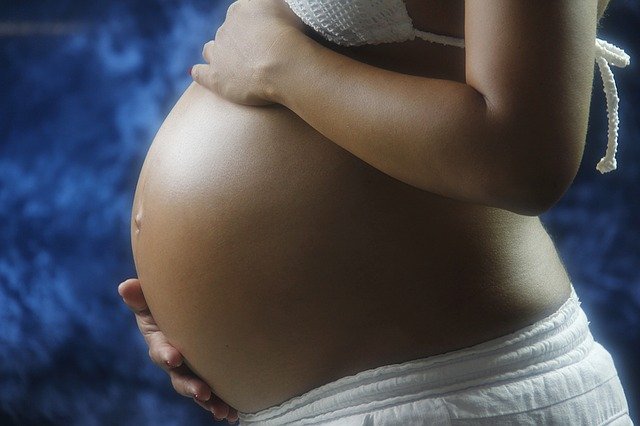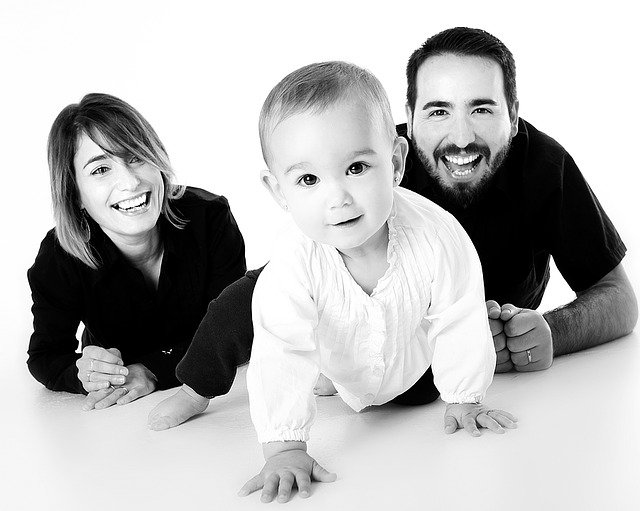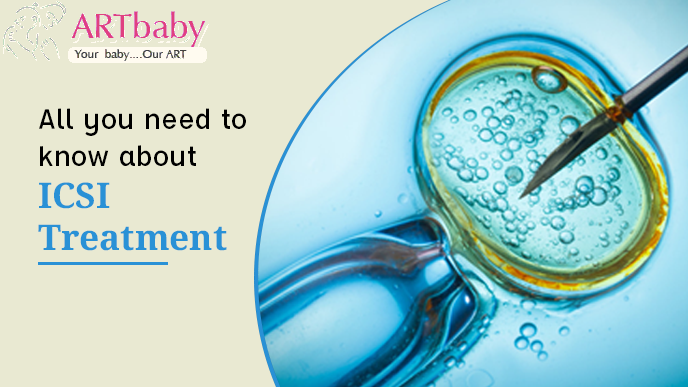Currently, cesarean deliveries (CD) are common. Many couples electively choose C-sections to deliver their child. However, cesarean deliveries have some possible complications like uterine or pelvic scarring, abnormalities placenta, and uterine rupture. Consequences of these lead to difficulty in conceiving in the future. If the complications are serious, then such couples often require assisted reproductive technology to conceive in the future.

IVF is the most common assisted reproductive technology. The reasons for subfertility following a C-section include increased age, obesity, prior history of infertility, or voluntary infertility. Even a cesarean section scar can also impact women’s fertility. In such cases, a woman can choose IVF for future pregnancy. Clinical experts have found no difference in pregnancy outcomes between patients with a history of CD versus those with only prior vaginal deliveries in the case of IVF treatment.
Embryo transfer is the final step involved in the IVF process. Alteration of any reproductive anatomy because of surgical history hinders embryo transfer. Scientific evidence reported that embryo transfer takes a long time for patients who have a history of cesarean deliveries. A research study had shown embryo transfers performed on patients with a prior CD took 30 seconds longer. Another significant observation during embryo transfers performed on patients with a prior CD was embryo transfer catheters were more likely to have blood or mucus on the catheter. Despite these apparent difficulties in embryo transfers, pregnancy outcomes were not different between priors history of CD versus vaginal deliveries.
The CD doesn’t need to always cause subfertility. However, according to the clinical estimation, 42%–58% of women who have a prior history of a CD often have a problem of anterior lower uterine segment defect. Routine transvaginal ultrasound or saline sonogram can detect the defect within the hysterotomy site. IVF experts also reported that they faced difficulty in passing the embryo transfer catheter into the uterus in several patients who had done prior CD. To solve this problem, requiring additional clinical manipulation could contribute to uterine irritation and potentially impact embryo implantation.
A retrospective cohort study was designed to evaluate the impact of a previous C-section on fertility outcomes in women undergoing IVF/ICSI. In this study, the enrolled participants were distributed into two groups to compare the outcome. 796 had had a previous C- section and 997 had a previous vaginal delivery among the enrolled participants. The study result revealed a lower live birth rate and a higher miscarriage rate among women who had a previous C-section compared to the women with a previous vaginal delivery.
IVF after 3 C-sections and how long to wait for IVF after C-section?
In general, a woman should wait at least 6 months before getting pregnant again after a C-section. This is the minimum gap between two pregnancies. But some experts suggest it’s better to wait 12 to 15 months, while others say 18 to 24 months for complete recovery after a C-section. However, the age of the patient is also a considerable factor in pursuing IVF.
IVF success rate after C-section
The success rate of IVF after a c-section depends on several factors, including the reason for the c-section, the age of the woman, the quality of her eggs, and the quality of the embryos. Generally, having a c-section does not affect a woman’s chances of getting pregnant through IVF, although it may increase the risk of complications during pregnancy.
How to minimise chances of C section?
To minimize the chances of a C-section, maintain a healthy lifestyle throughout pregnancy. Regular prenatal care is crucial for monitoring the baby’s and mother’s health. Stay active with pregnancy-safe exercises, and maintain a balanced diet to avoid excessive weight gain. Consider attending childbirth education classes to prepare for labor. Communicate your birth plan and preferences with your healthcare provider, and choose a provider known for supporting vaginal births. Manage stress and practice relaxation techniques. If complications arise, discuss all options with your healthcare provider to make informed decisions.
Going for IVF or fertility treatment consider what is best for you
However, it is important to note that each woman’s fertility journey is unique, and success rates can vary widely depending on individual circumstances. It is best to consult with a fertility specialist who can provide personalized advice based on your medical history and specific situation. They can help determine the best course of action and provide guidance on maximizing your chances of a successful IVF outcome.
Explore Also: IVF treatment and associated costs in Delhi
References




